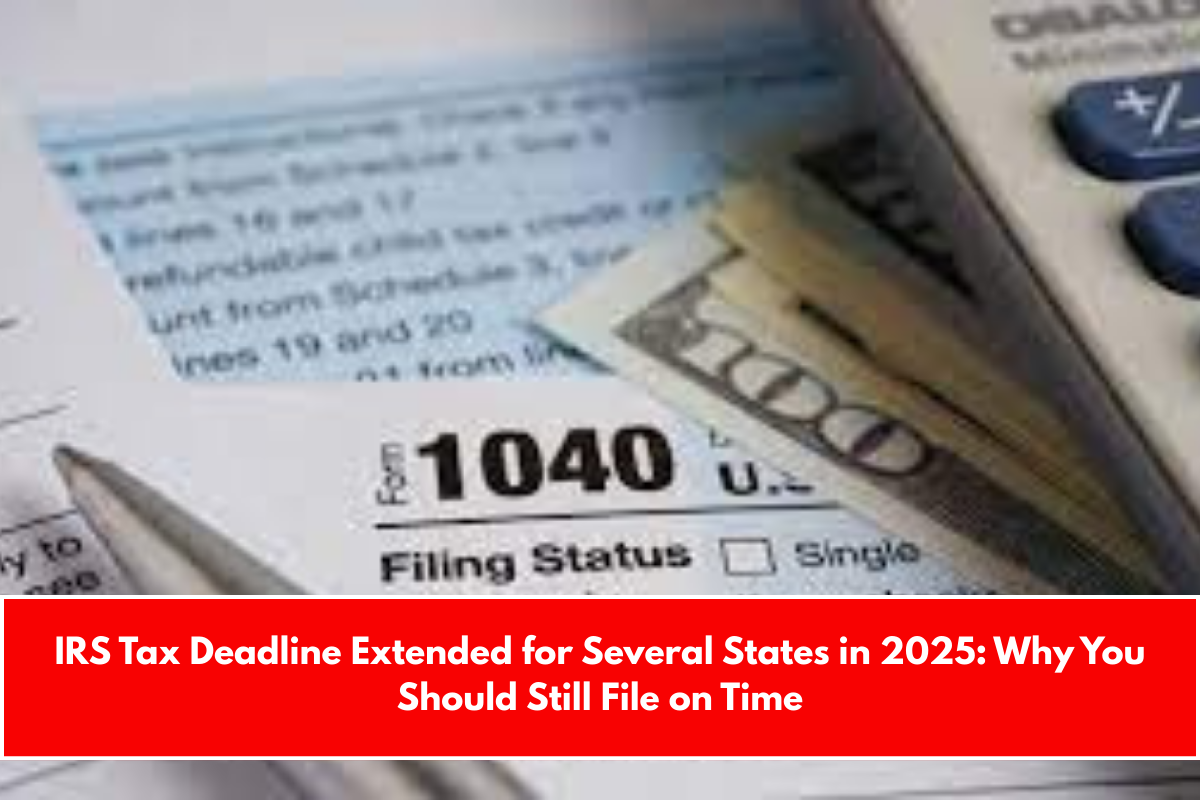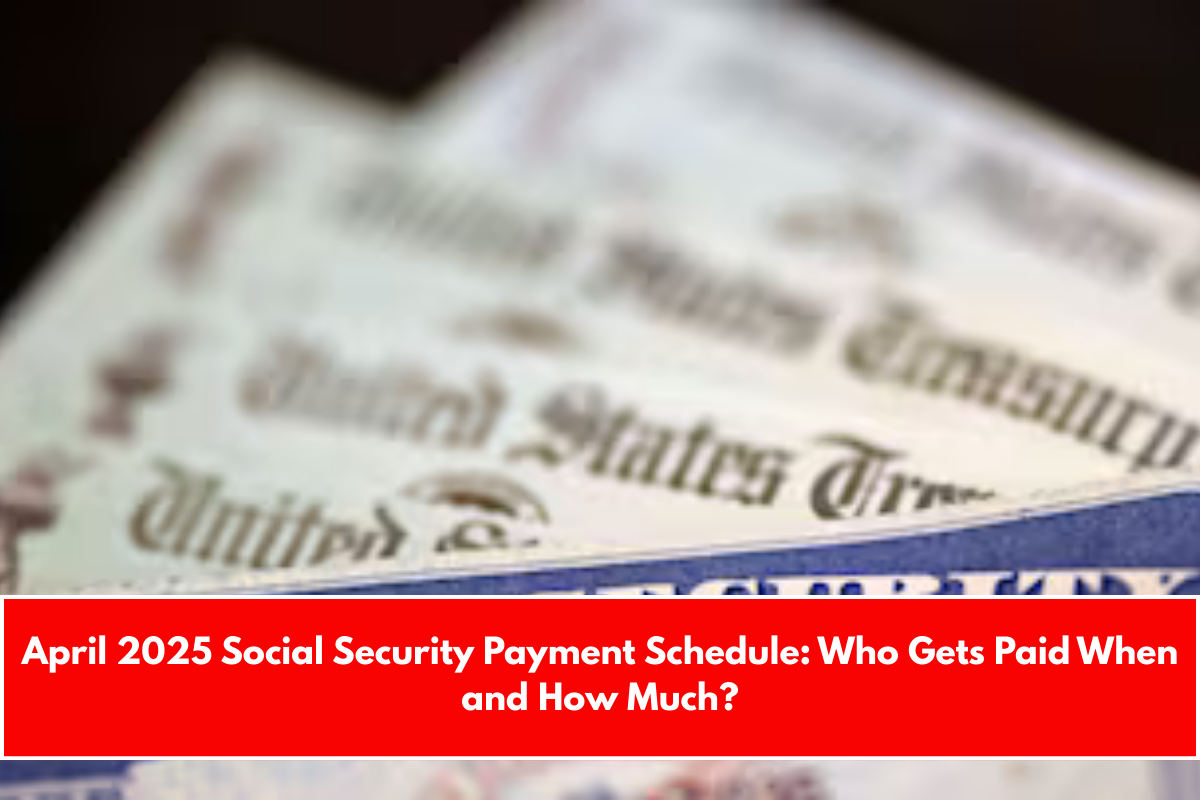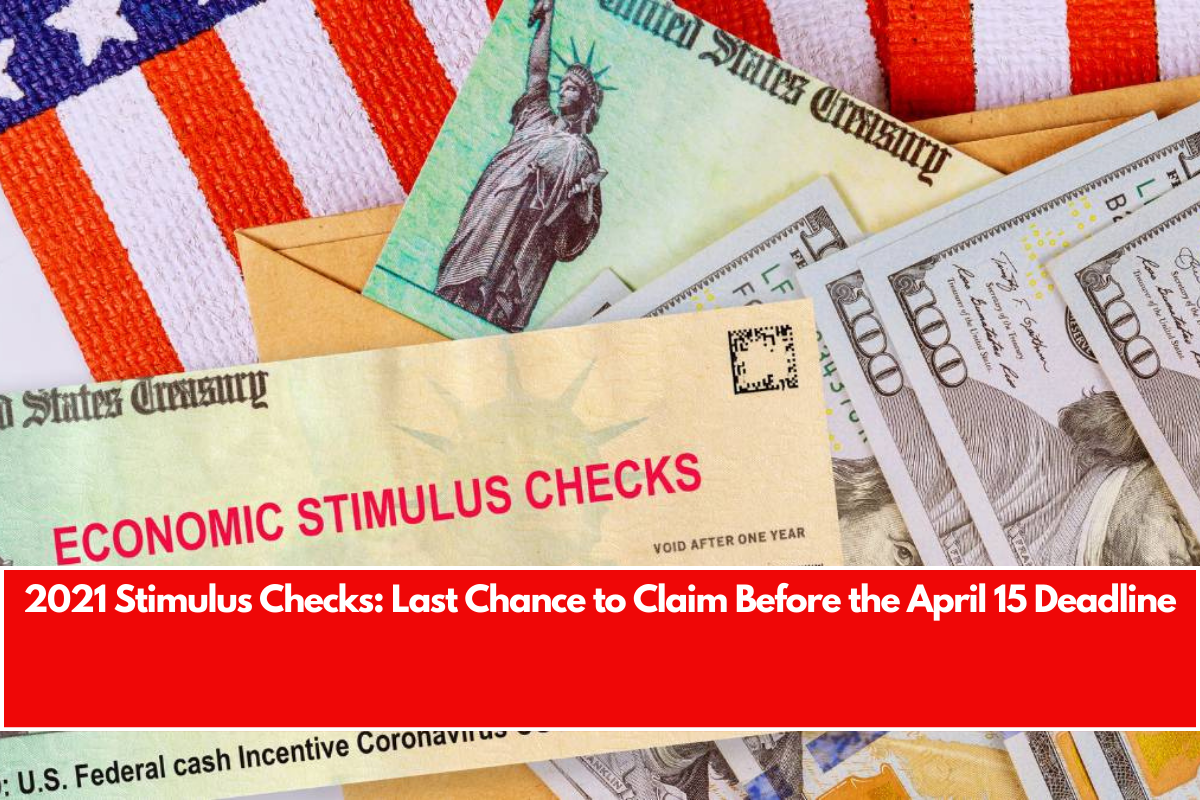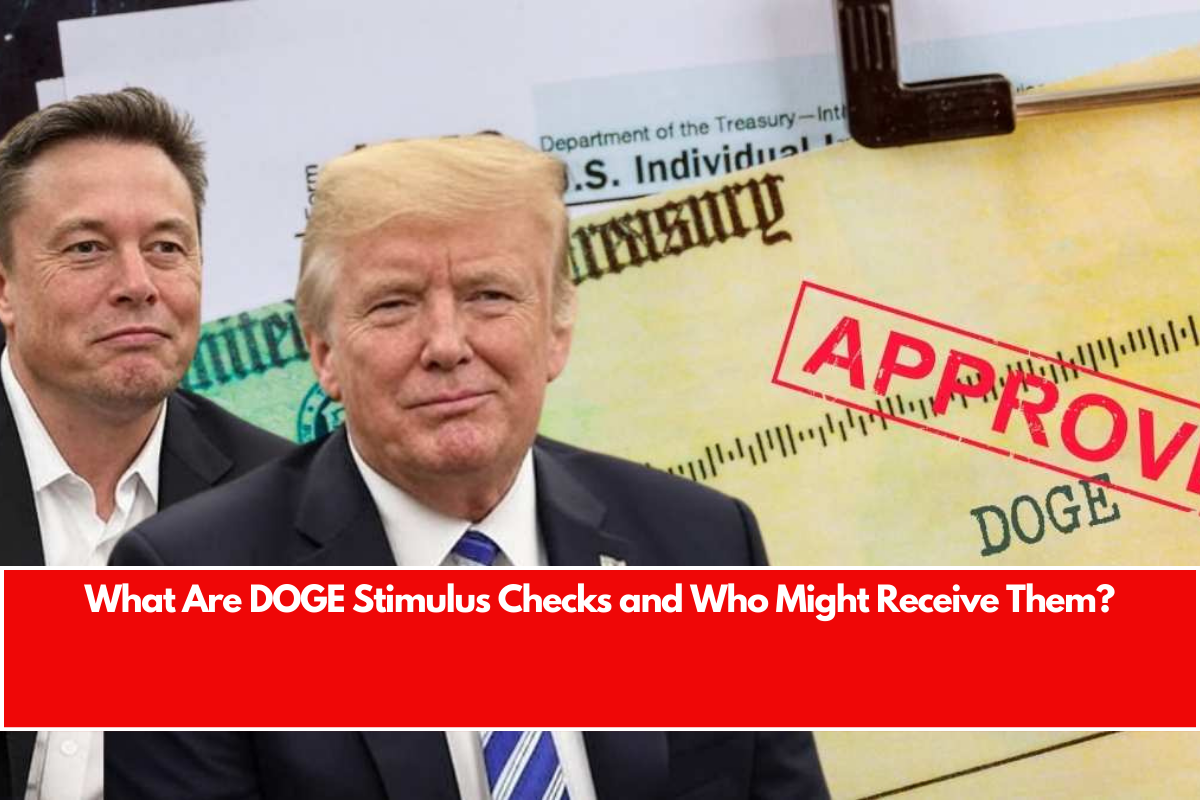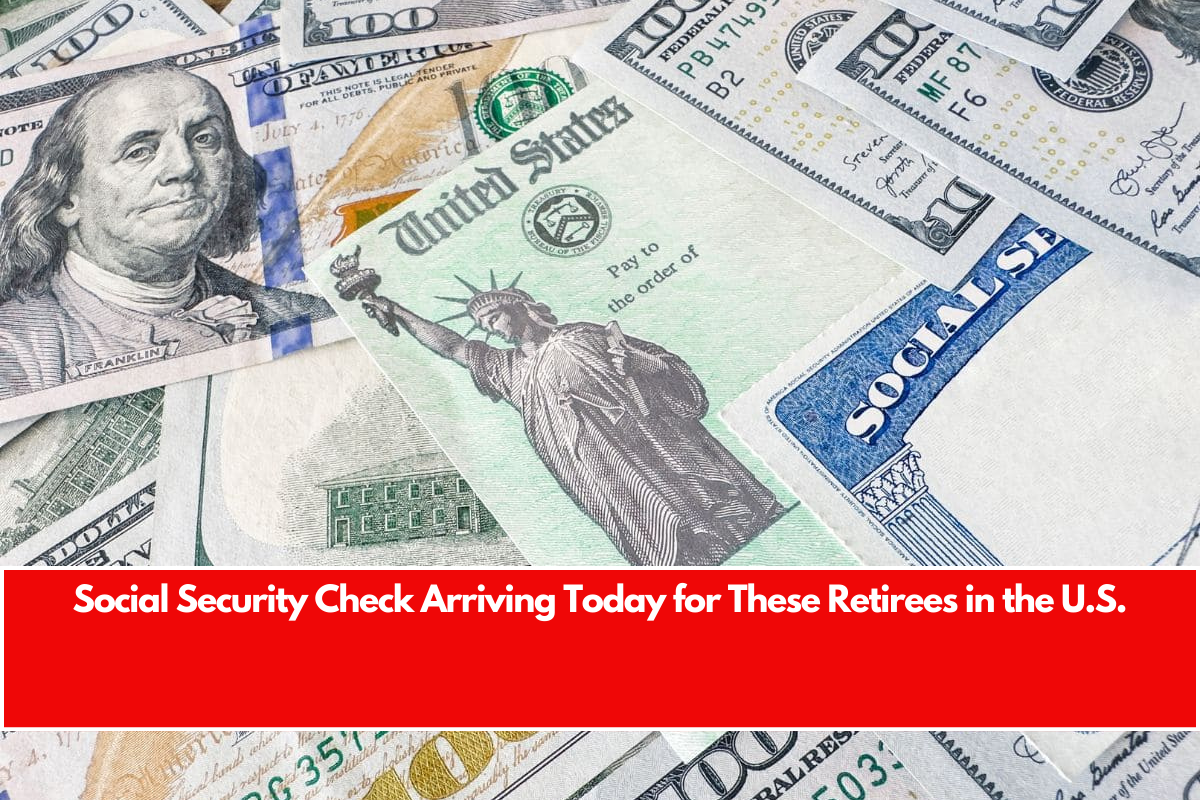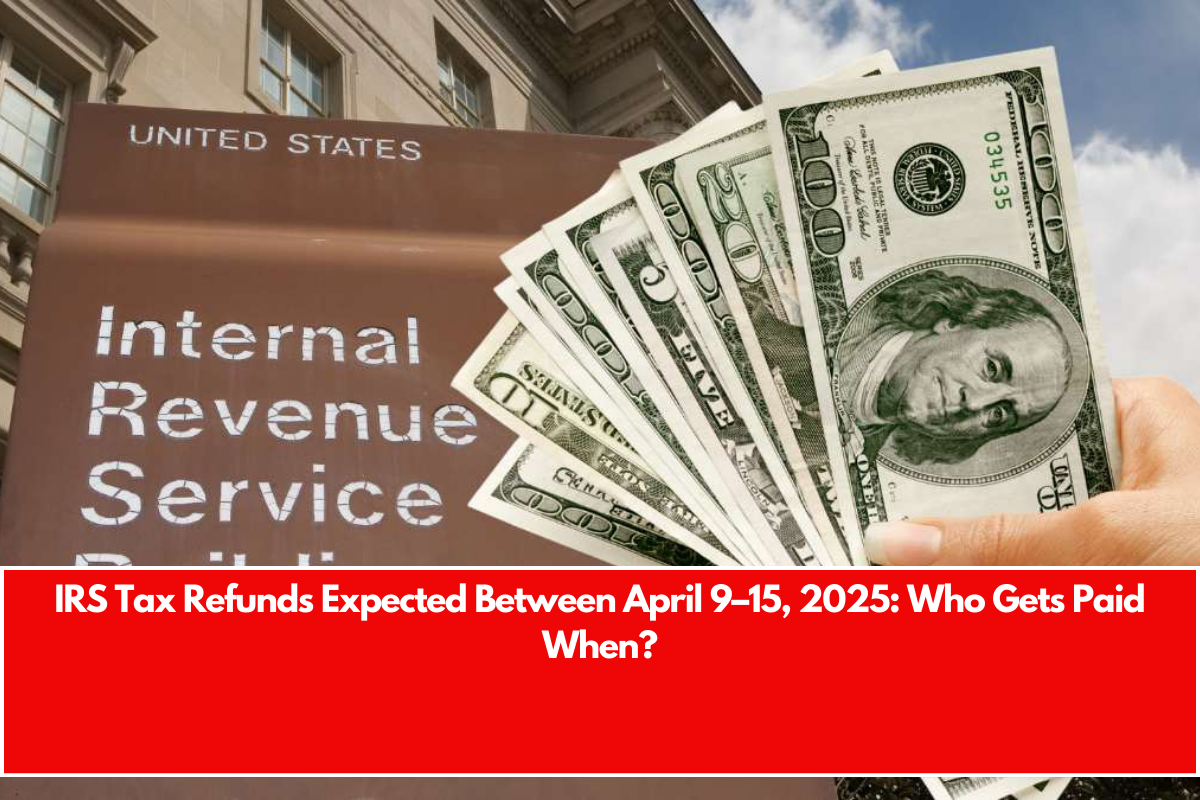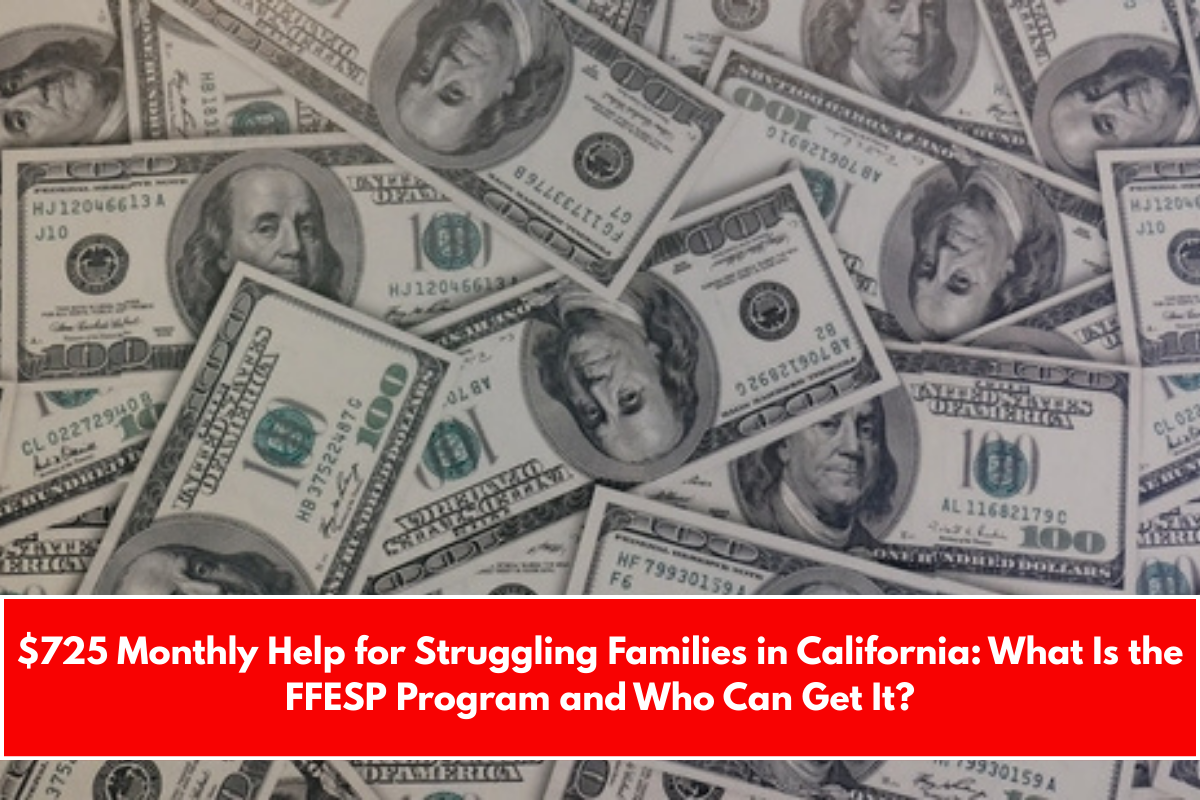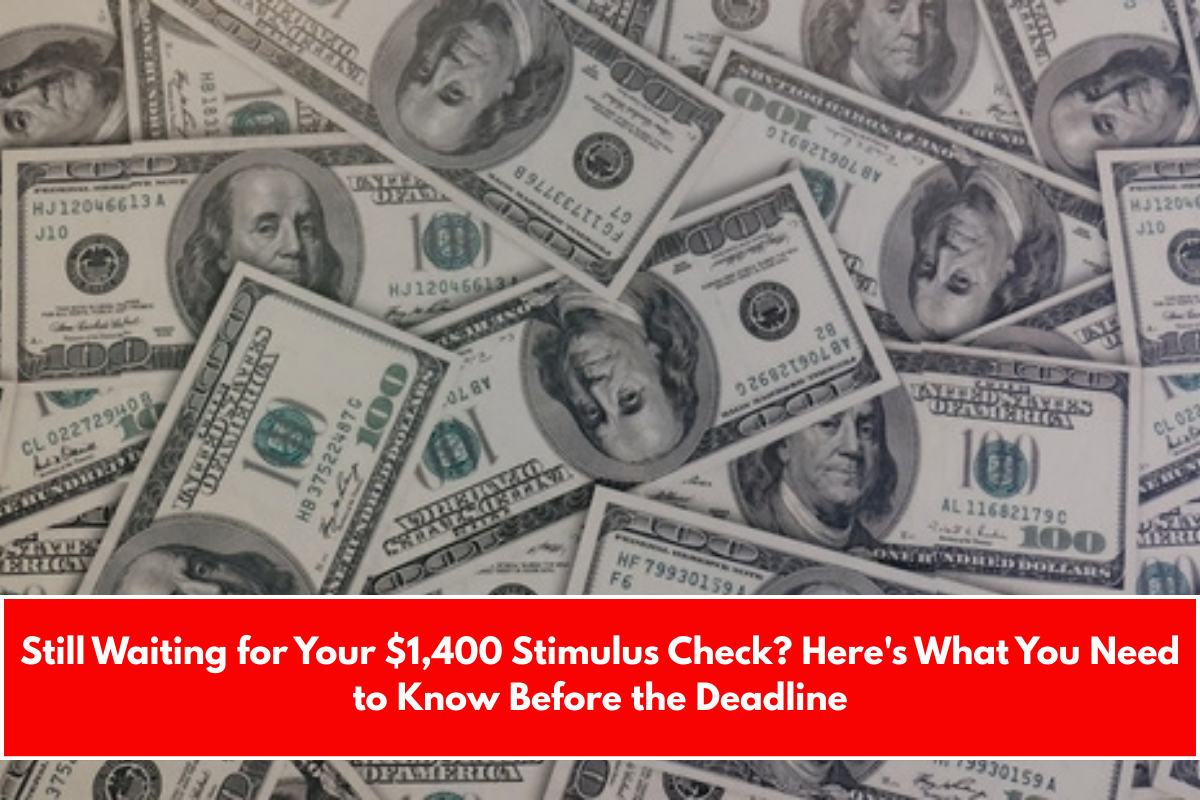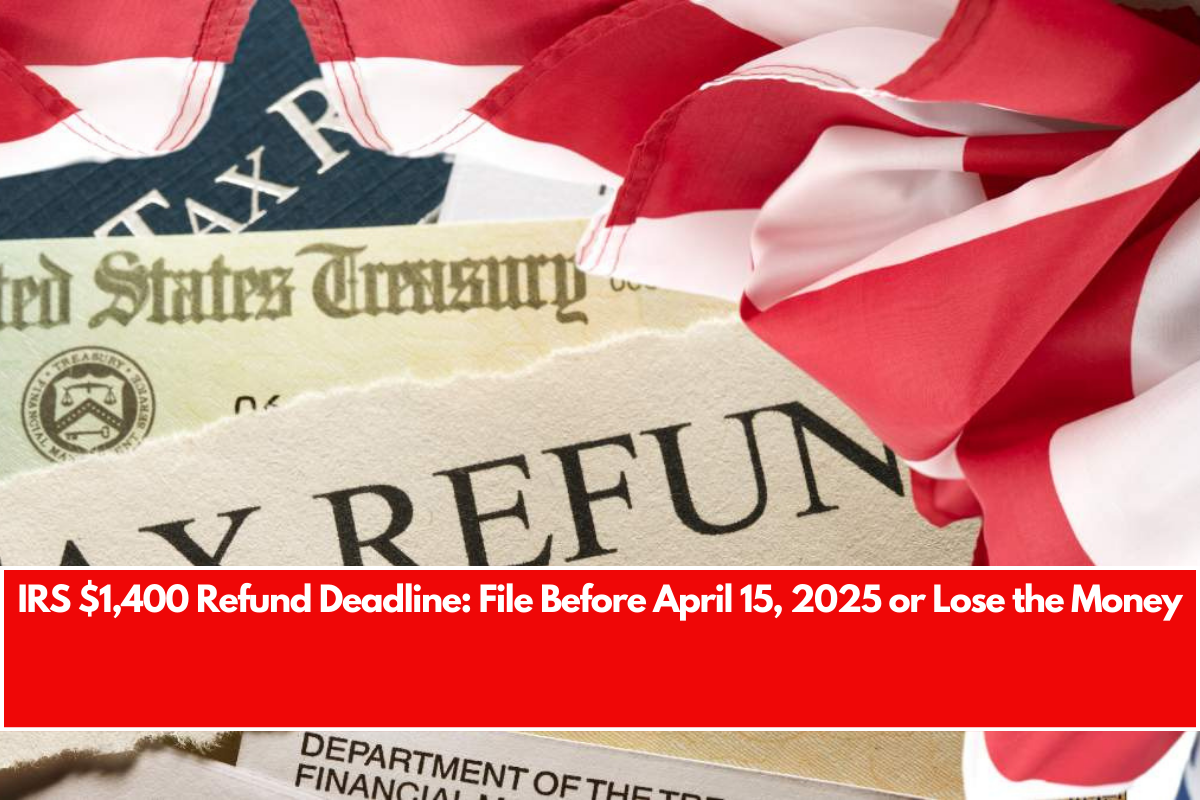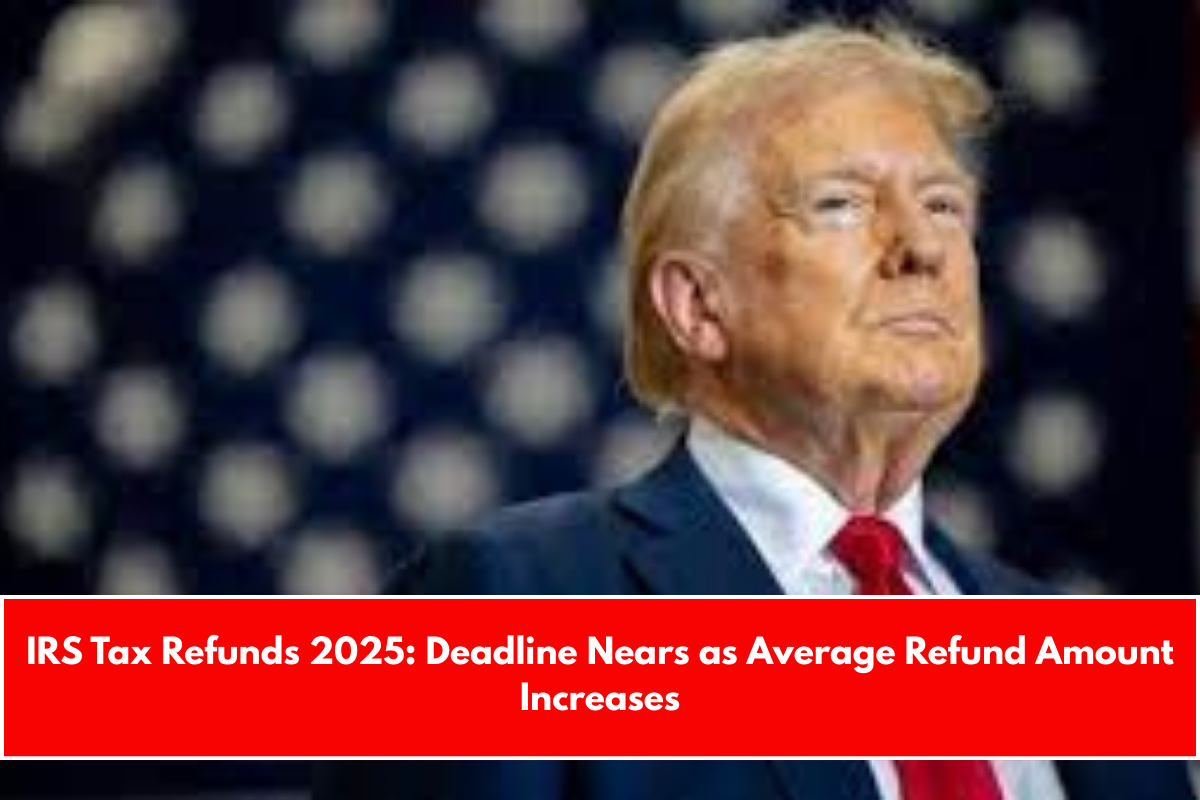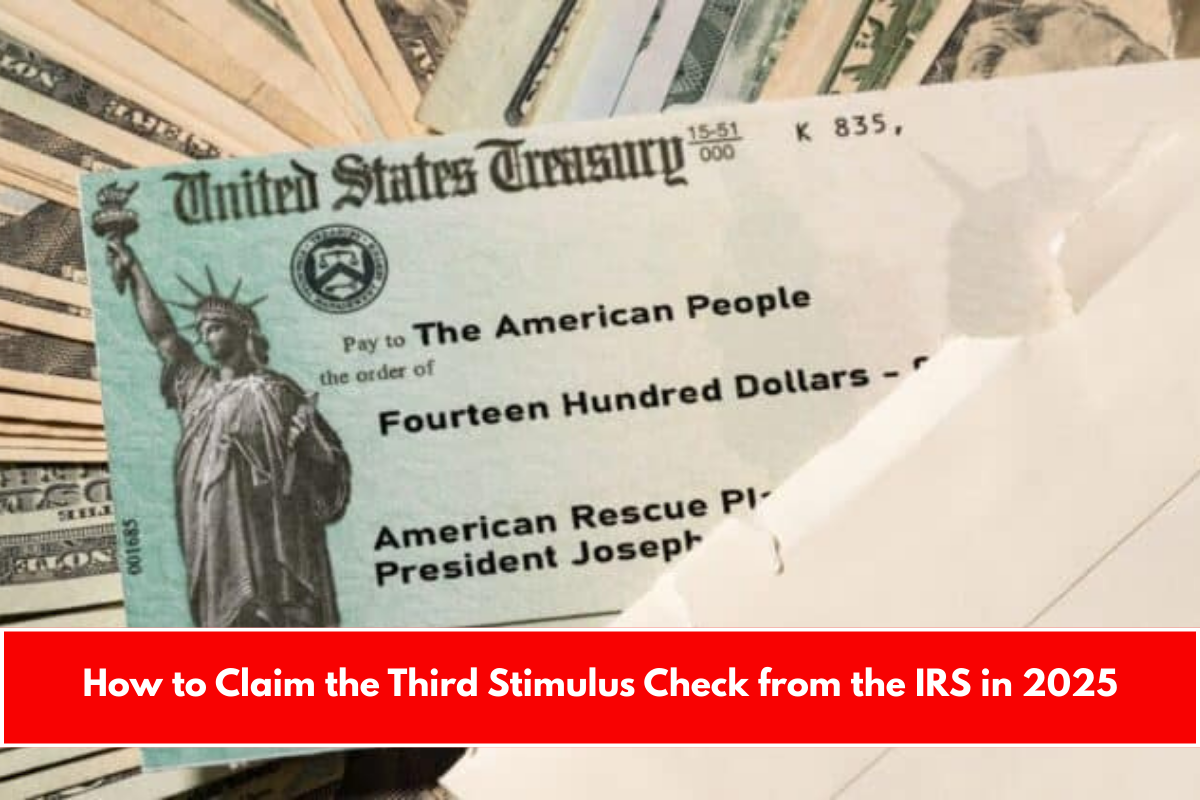WASHINGTON (Reuters) –President-elect Donald Trump has urged the United States Supreme Court to postpone the implementation of a law that would ban or force the sale of popular social media app TikTok, arguing that he should have time after taking office to pursue a “political resolution” to the matter.
The court is scheduled to hear arguments in the case on January 10.
The law would force ByteDance, TikTok’s Chinese owner, to sell the platform to an American company or face a ban. The United States Congress voted in April to prohibit it unless ByteDance sells the app before January 19.
TikTok, which has over 170 million users in the United States, and its parent company have sought to overturn the law. However, if the court does not rule in their favor and no divestment occurs, the app may be effectively banned in the United States on January 19, one day before Trump assumes office.
Trump’s support for TikTok marks a shift from 2020, when he attempted to ban the app in the United States and force its sale to American companies due to its Chinese ownership.
It also demonstrates the company’s significant effort to make inroads with Trump and his team during the presidential campaign.
“President Trump takes no position on the underlying merits of this dispute,” stated D. John Sauer, Trump’s lawyer and the president-elect’s nominee for US solicitor general.
“Instead, he respectfully requests that the Court consider staying the Act’s deadline for divestment of January 19, 2025, while it considers the merits of this case, thus permitting President Trump’s incoming administration the opportunity to pursue a political resolution of the questions at issue in the case,” the lawyer stated.
Trump previously met with TikTok CEO Shou Zi Chew in December, just hours after expressing a “warm spot” for the app and favoring TikTok’s continued operation in the United States for at least a short time.
The president-elect also stated that he received billions of views on the social media platform during his presidential campaign.
TikTok did not immediately respond to a request for comment.
The company has previously stated that the Justice Department misrepresented its ties to China, claiming that its content recommendation engine and user data are stored in the United States on cloud servers operated by Oracle Corp, and that content moderation decisions affecting US users are also made in the United States.
Separately, free speech advocates told the Supreme Court on Friday that the US law against TikTok is similar to censorship regimes implemented by the US’ authoritarian enemies.
The US Justice Department has argued that Chinese control of TikTok remains a threat to national security, a position shared by the majority of US lawmakers.
Montana Attorney General Austin Knudsen led a coalition of 22 attorneys general in filing an amicus brief on Friday, urging the Supreme Court to uphold the national TikTok divest-or-ban legislation.


